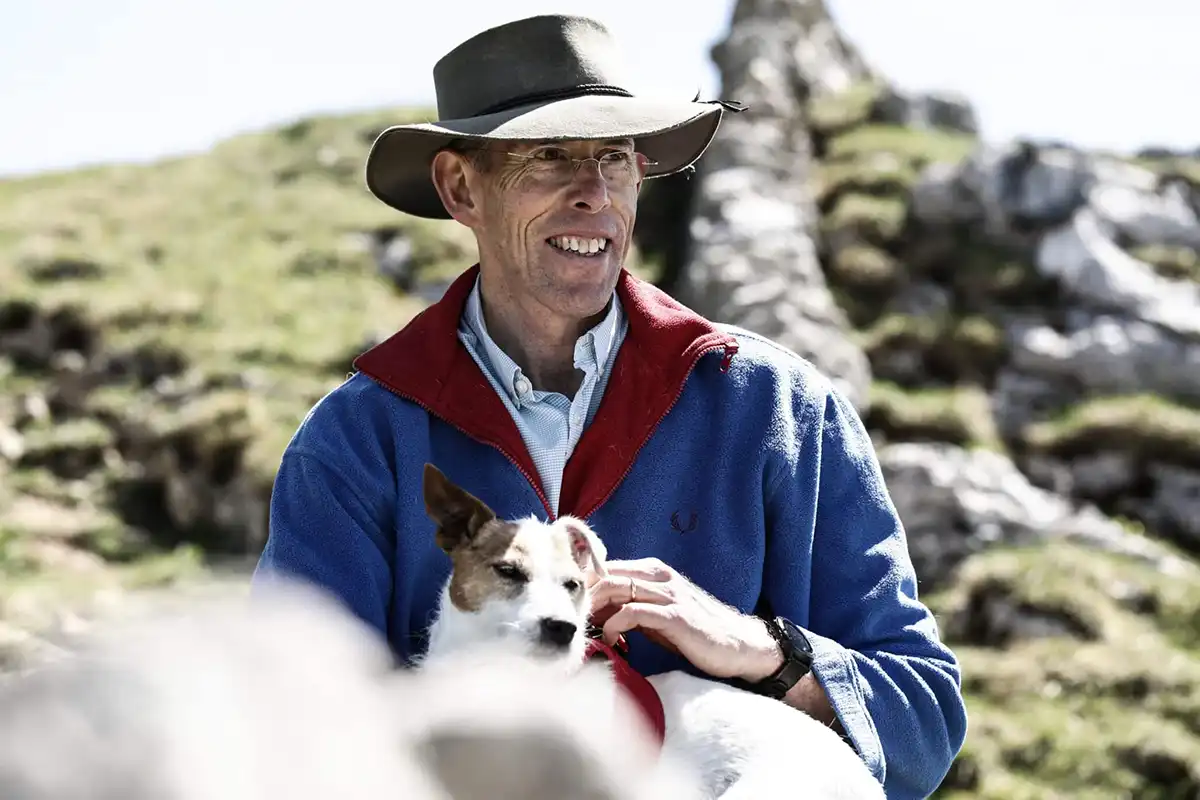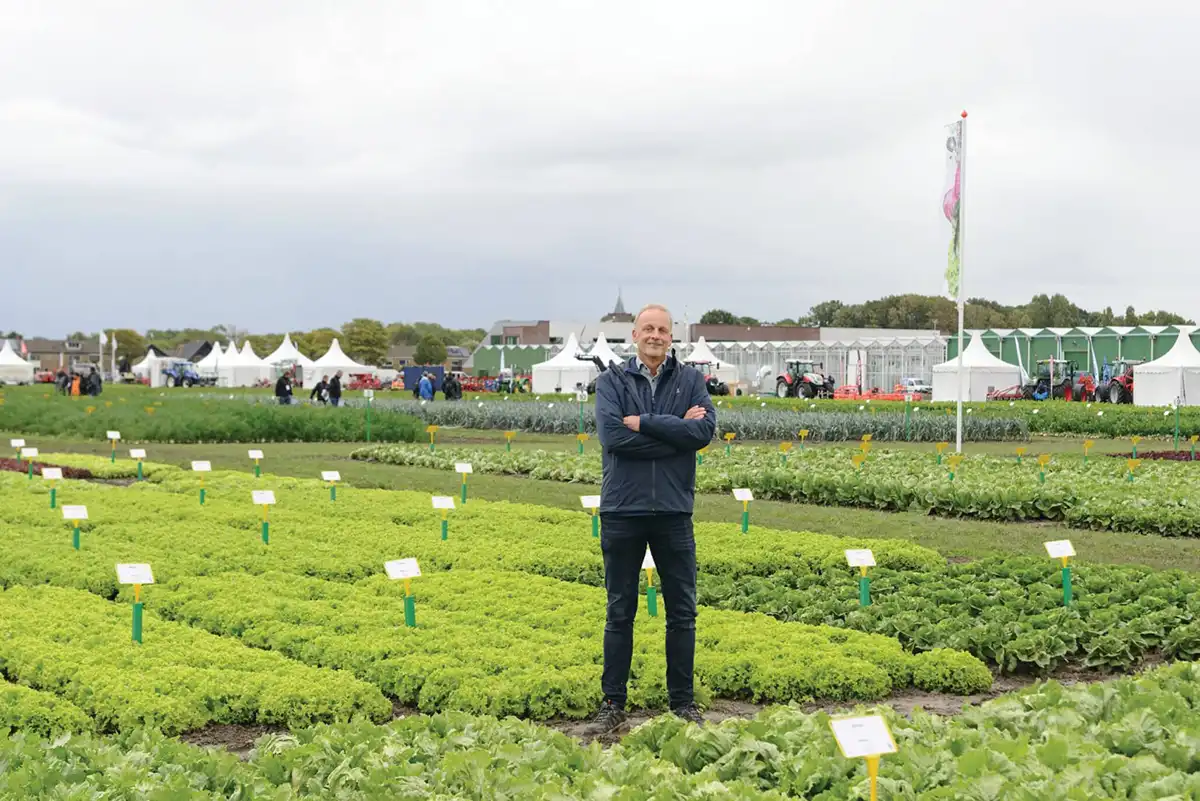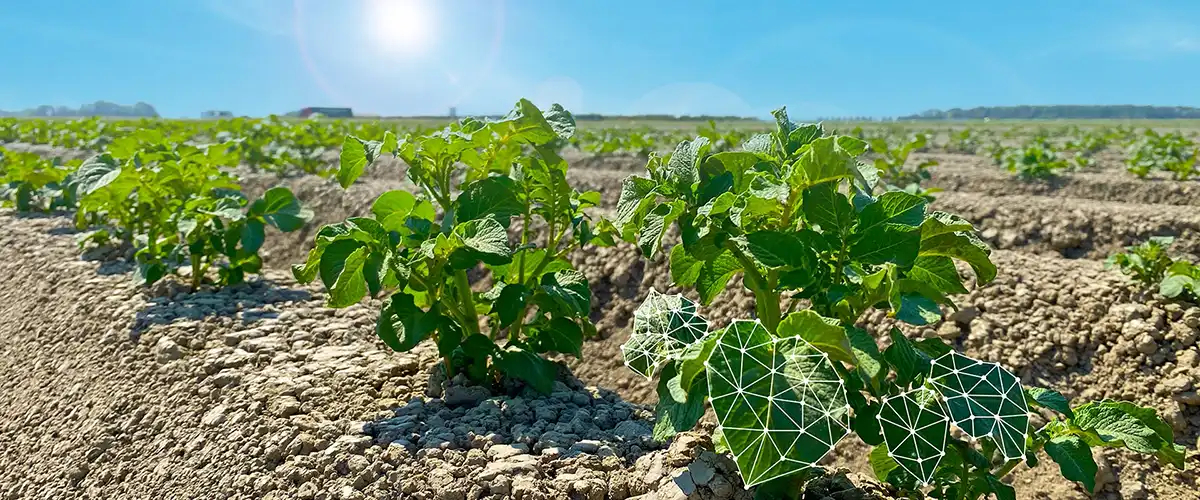A master mediator walks Seed World Europe through how the seed sector might reach middle ground with NGOs.
For decades, the seed sector has struggled with non-governmental organization (NGO) pushback on various topics. From GMOs to crop protection products, and from patents to new genomic techniques and more, NGO political advocacy groups continue to disrupt innovation, hamper regulatory reform and incite significant frustration in the seed sector. At Seed World Europe, we checked in with Scott Poynton, Founder and CIO of business change consultancy adifferentway, who has earned his spurs in resolving conflicts between seemingly incompatible camps. We asked for his advice on how the seed sector might best handle varied and reoccurring conflicts with NGOs. We also asked for his perspective on a very different sort of conflict: the recent farmer protests in many European countries, where farmers are pushing back on several of the proposed EU regulations. He shares his advice on how very divergent sides can work towards resolution on these and other conflicts.
Seed World Europe (SWE): Scott, can you share in a nutshell a bit about your background and recent work?
Scott Poynton (SP): I’m an Australian forester who has worked my life to protect forests and human rights. I founded the Tropical Forest Trust (TFT) in 1999 and through that work pioneered responsible sourcing for companies. Recently, having left TFT in 2019, I’ve started the Pond Foundation to support companies to take strong, credible climate action, build regenerative supply chains, and verify their environmental, social and climate related claims. I’ve also set up an online coaching community called ‘adifferentway’ to support people who are working to make the world a better place.
SWE: Over the past decades you have mediated between various stakeholders who were often in heated debates. Can you share a bit about that, and how you went about resolving the problems?
SP: Yes, that’s been a major cornerstone of my career. I didn’t set out to be a mediator but found myself in that position many times. I helped the garden furniture sector move away from illegal logging, deforestation, and human rights abuses by speaking with NGOs and implementing programs in the field. In that founding case, I wasn’t just the mediator, I went to manage the world’s largest wooden garden furniture company’s operations in Vietnam to help them turn their operations around. I supported CIB, the Congo Basin’s largest forest industry, to speak with Greenpeace and find their way to being the first company to achieve Forest Stewardship Council (FSC) certification in the Congo Basin. Then, speaking to various NGOs concerned about teak plantation management in Indonesia, I supported the TFT’s work to build benefit-sharing programs between the state-owned Teak corporation and local communities that had been in conflict [since] before independence in 1965. That work resulted in 4,000 semi-automatic weapons being locked away and [the achievement that] no community member has been shot or killed because of their involvement in illegal logging since 2009. Then there were the more famous cases of Greenpeace’s campaigns against Nestlé, Asia Pulp and Paper and Golden Agri Resources, and Climate Advisor’s campaign against Wilmar. All of these cases resulted in major, unprecedented breakthroughs that have transformed entire industries.
SWE: How did you go about it?
SP: It’s a difficult question to answer in a short interview response but I think the essence of my approach was to help protagonists get out of their heads and instead make decisions based on their fundamental human values. None of the companies wanted to be hurting people or other species, yet that was what was happening as a result of the way they were running their businesses. When they got attacked by the NGOs, they naturally reacted with defence, striving to debunk the attacks against them. But what if there was truth to the [NGO’s] attacks? While they were stuck in their heads trying to think of clever responses, they weren’t building an understanding that they needed to change. Ultimately, my job, achieved mostly by sitting and listening, was to help them find a path out of their head and more into their gut so that they could make decisions based on their values. If you don’t want to be linked to deforestation, change your practices to ensure you’re not. Don’t worry about whether someone says nasty things about you, just do what you know is right. My job was to help them get to that place themselves, not to push them to it. I was the calm person in the room that kept them focused on what was needed rather than the pain they felt at the accusations broadcast around the world about them and their companies.
SWE: The seed sector is struggling with NGO pushback on various topics, such as GMOs, crop protection products, patents, new genomic techniques and others. What advice would you give the seed sector about how best to handle these conflicts?
SP: It’s a tough one for the seed sector because they’ve spent decades fighting such accusations. This stems from a strong conviction of being right. Such a conviction closes you to others’ perceptions and contrary ideas. It pits the industry against those who disagree with it and when this happens, we end up with one long, protracted battle where each side throws rockets at each other. Battles create wastelands and lots of collateral damage. They’re also super expensive and draining.
My work has been to bring protagonists into a middle ground, a no man’s land, where they lay down their weapons, open their minds and hearts and speak their truth to each other. It’s not an easy process to start, but assuming you’re 100% right and the other is 100% wrong is not how life works. Our protracted battles in this and other sectors means we get nowhere.
My advice to the seed sector would be to open itself to the input of others. To listen when it’s told it’s doing wrong things. To take that on board. To wonder if there could be merit in the accusations. To explore what might be done differently. Sometimes, establishing a backchannel communication where important comms can take place, on the quiet, away from the public glare, without any announcements, can greatly help get things moving. For that, both sides need to be ready to speak and unfortunately, that’s not always the case, often because there has been so much foul water passed under the bridge that forgiveness and the laying down of weapons simply isn’t possible.
Humans can only move beyond conflict when they do sit down and speak together. Until that happens, the seed sector, like others before it, will be mired in conflict, which will stifle innovation and development, drain budgets and make everyone weary. The important work of feeding the world will suffer. So, what does the seed sector want to achieve? Does it want to be famous for hairy-chested leaders pounding away at the opposition and inching forward on innovation? Or does it want to find a better, less stressful, more productive way of working? Sit down and speak with those who hate you. See where that goes. But do it in a way that shows you’re open to what the other has to say. I don’t doubt such conversations have happened in the past…perhaps they need a mediator to help move the process forward.
SWE: We have seen a lot of farmer protests lately in many European countries, pushing back on several of the proposed EU regulations. What is your advice to both sides on how to move towards a resolution on the conflicts?
SP: As above, people have to speak together. It’s as simple and as difficult as that. Speak, listen, learn. Do so with an open mind and open heart. Moving forward on anything requires cooperation and compromise. We can’t find the path to the grand transformations we need unless we pass through a sense of feeling lost. Only then can cooperation emerge. We feel lost when everything we’ve tried falls short, when we’re still stuck, where nothing is getting better. We must first find our way to lostness before we find a path to cooperation. Perhaps all these protests are evidence that we’re almost there. In early 2022, I published a workbook called Getting to Cooperation which tries to summarise all my life’s experiences helping people travel the arc of change from disruption, panic, anger and despair, through feeling lost, to calm, cooperation, change and grand transformations of entire industries.
Where on the Web: Link to the book ‘Getting to Cooperation’: https://www.dropbox.com/scl/fi/hgdwldscyhpraut0jxr9w/Getting-to-Cooperation-Workbook.pdf?rlkey=regslz6slnuu9ye7fjzno445y&st=e3a91857&dl=0
To find out more about Scott Poynton: https://scottpoynton.me













